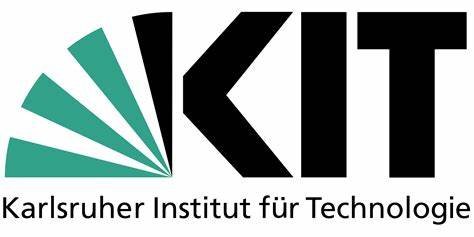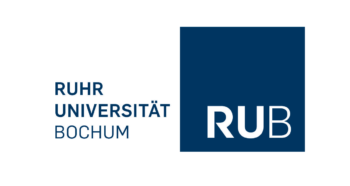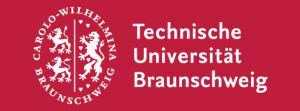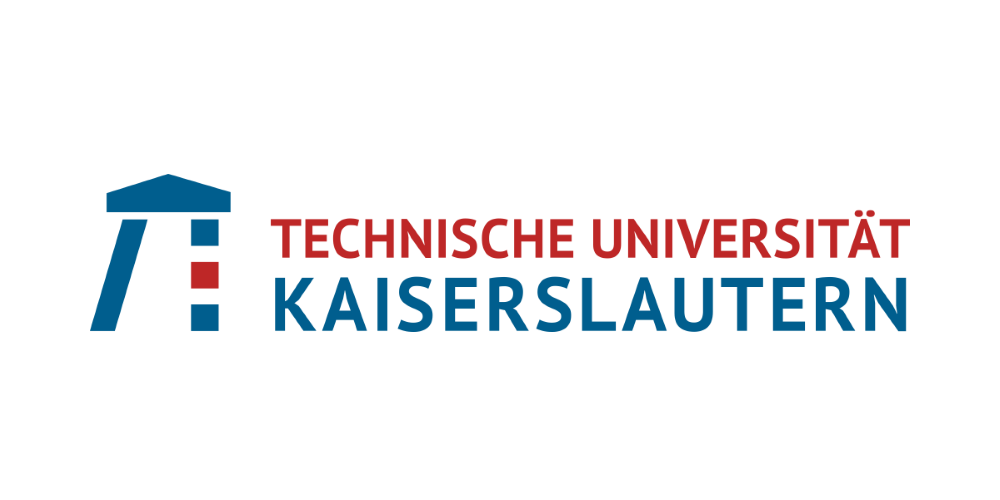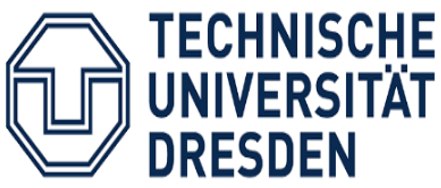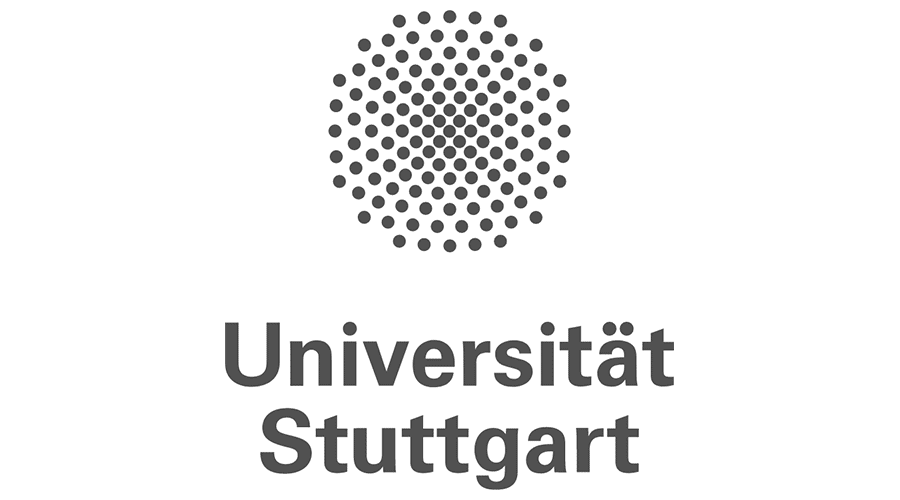
Welcome to our comprehensive guide on pursuing a PhD in Germany, a country renowned for its rich academic heritage, cutting-edge research opportunities, and vibrant international community. Whether you're a prospective graduate student eager to embark on a journey of academic exploration or a seasoned researcher seeking to advance your career, Germany offers an ideal environment to foster your intellectual growth and professional development.
Germany stands out as a top destination for doctoral studies due to its world-class universities, research institutions, and robust academic programs. German universities consistently rank among the best in global academic assessments, reflecting their commitment to excellence in education and research across diverse fields—from engineering and natural sciences to humanities, social sciences, and beyond.
Choosing to pursue a PhD in Germany offers numerous compelling reasons for international students. Germany is renowned for its world-class research institutions, cutting-edge facilities, and strong emphasis on academic excellence and innovation.PhD candidates benefit from access to leading experts in their fields and opportunities to collaborate on groundbreaking research projects. Many PhD programs are conducted in English, making them accessible to international students from diverse backgrounds. Germany's structured doctoral education system provides a supportive environment with clear milestones and expectations, fostering academic and professional growth. Additionally, studying in Germany offers a high quality of life, affordable living costs, and a vibrant cultural experience.
One of the most appealing aspects of studying for a PhD in Germany is its affordability. Many public universities offer tuition-free education for international students, significantly reducing the financial burden of higher education. Additionally, numerous scholarships, grants, and funding opportunities are available to support doctoral candidates in their research endeavors and living expenses.
A PhD from a German university is highly regarded globally and opens doors to diverse career opportunities in academia, research institutions, industry, government, and international organizations. Graduates possess advanced research skills, critical thinking abilities, and a prestigious qualification that enhances their competitiveness in the global job market.
German universities provide a structured approach to doctoral education, with clear milestones and expectations outlined throughout the program. PhD candidates receive guidance from experienced supervisors and mentors who facilitate their academic progress and professional development.
Beyond academia, Germany offers a high quality of life with efficient public transportation, healthcare services, and a rich cultural heritage. Explore historic landmarks, vibrant arts scenes, and diverse culinary delights while enjoying a balanced lifestyle in one of Europe's most welcoming and cosmopolitan countries.
A doctorate is the highest academic degree that a university can award. In Germany, studying for a doctorate primarily means working intensely on a specific subject or research project for a long period of time. It typically takes two to five years to obtain a doctorate.
If you decide to do a doctorate, you can choose one of them. There are two different paths.
The PhD student in Germany works – usually part-time – as a research associate at his or her university and get salary. Although research is generally part of the job description.
PhD at a non-university research instituteNon-university research institutions offer an excellent research environment in which to conduct your research. These institutions do not have the right to award doctorates themselves, but collaborate with universities for that purpose. They offer PhD students scholarships or contracts of employment – or a combination of the two.
PhD in industryGraduates who decide to work in industry and study for a doctorate part-time – often with funding and support from their employer – also need a university professor to supervise their research.
In some cases, the employer will already be collaborating with a university or research institute and can help the PhD student find the right supervisor.
In Germany, structured doctoral programmes are very similar to the PhD programmes in English-speaking countries, in which a team of supervisors look after a group of doctoral students.
The doctoral students will attend courses, lectures and seminars together with other doctoral students. Normally, such programmes are publicly advertised and often feature grants or paid doctoral positions.
Structured doctoral programmes often have a strong international orientation with English as the team language.
As a rule, PhD Students work steadily at realising their research project within the team and with intensive support from a group of academic staff (often referred to as the “thesis committee”).
The duration of your studies is generally limited to three to five years, and there is usually a fixed curriculum within which you work toward your doctorate and write your thesis.
Looking for PHD in Germany. We make it easy. We assist you in your whole journey in india as well as in Germany and help you to make your dream a reality.
These are some top research Institute in Germany for PhD due to their 0,00 Euro tuition fee structure.
These are some top Companies in Germany for PhD due to their 0,00 Euro tuition fee structure.
Several companies in Germany offer industrial PhD opportunities in collaboration with universities or research institutions.
These are some top recommended Private Universities/Colleges in Germany for PhD But they have tuition fee structure.
Normaly the application process for a PhD degree in Germany can be lengthy and competitive but with proper preparation, you can increase your chances of success.
Our Counselor will help you to Apply for a Masters Degree Course in Germany.
You can increase your chances of success to get Visa for Germany with proper preparation.
Our Counselor will help you to Apply a Visa for Germany.

3 thousand successful visa applicants.

Experienced and dedicated professionals for every type of visa

Personalized services with a dedicated agent appointed to you.

Online services with a dedicated agent appointed to you.


